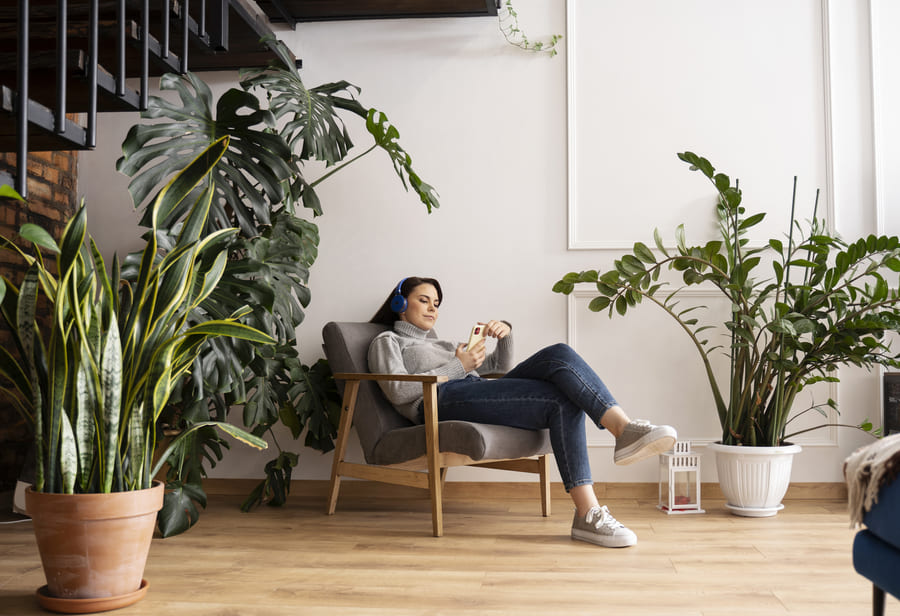Let’s be honest here, we all want an elegant, lush, magazine-quality living space, but somehow our plant babies always droop, wilt, and/or die right in front of our eyes. There is a bigger reputation to overcome with the prospect of “I kill every cactus I touch”. Overwatered, underwatered, or just misplacing the right plant in the wrong location can easily turn an idea, and in this case a healthy impulse, into feelings of guilt when your fern has a meltdown.
In this article, we will discuss some easy-care faves for true beginners, low-light plants that somehow thrive in dark little corners, humidity-loving plants to consider for your kitchen and bathroom, watering and general maintenance basics to keep your new plant friends happy all year-round. So perk up, and let’s start bringing in nature with less stress!
Plants for Beginners: Your Foolproof Starting Lineup
New to plant care? You’re not alone. Many people are anxious about introducing greenery into their homes for fear of killing it in week 1. The best thing to do is to start with plants that don’t mind a little neglect and won’t be mad at you for forgetting to water every once in a while.
1. Snake Plant
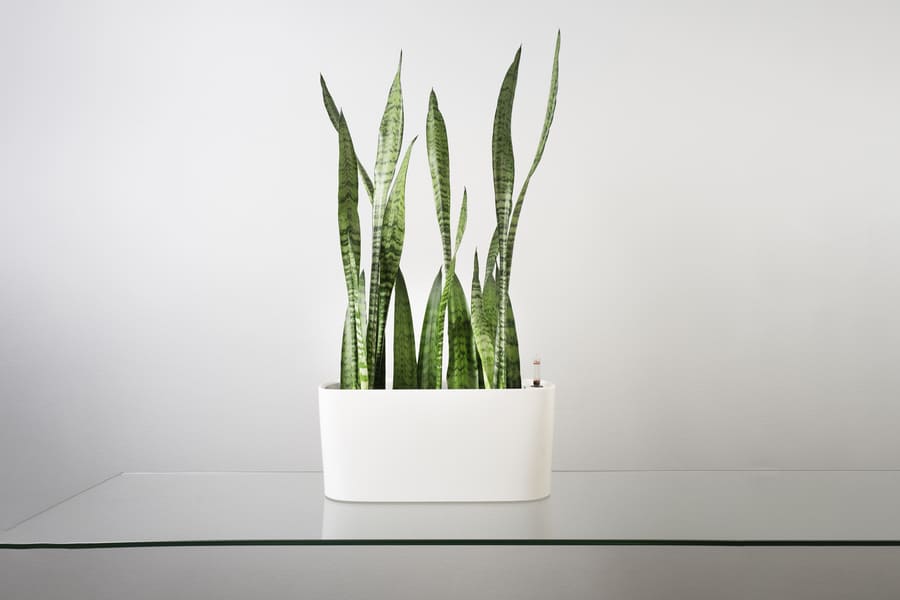
- Why it’s easy: From bright to dim light, Snake plant has the ability to easily tolerate a variety of lighting levels and can go long periods without watering.
- Care tip: It doesn’t need too much water so water every 2–3 weeks. Make sure the soil is dry completely before the next drink.
2. Pothos
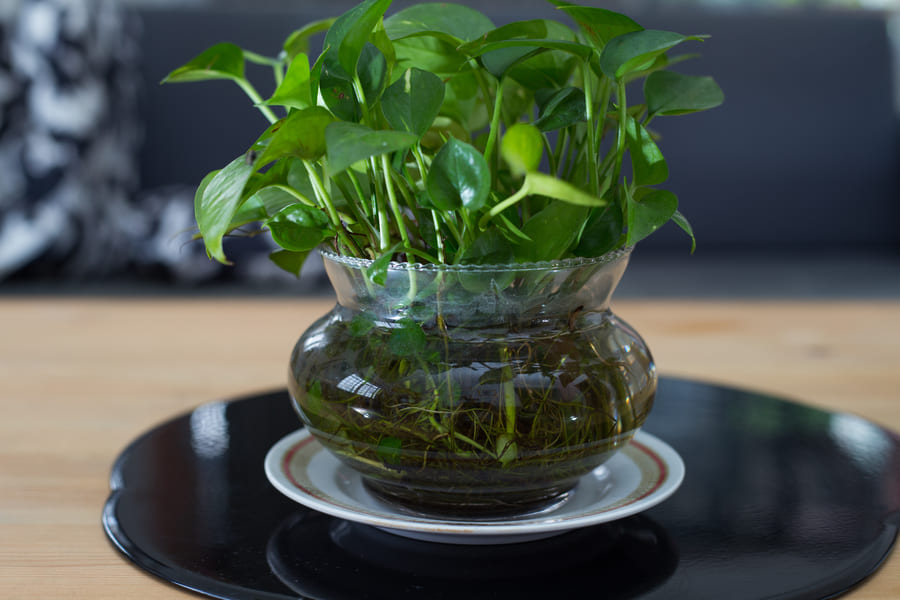
- Why it is easy: It does good in low light, grows like a weed, and then will tolerate no water for once a week or two (or three).
- Care tip: You can prune back the long vines on this plant sometimes so that you can generate healthier growth; you will only have to prune back once every month anyway.
3. ZZ Plant (Zamioculcas zamiifolia)
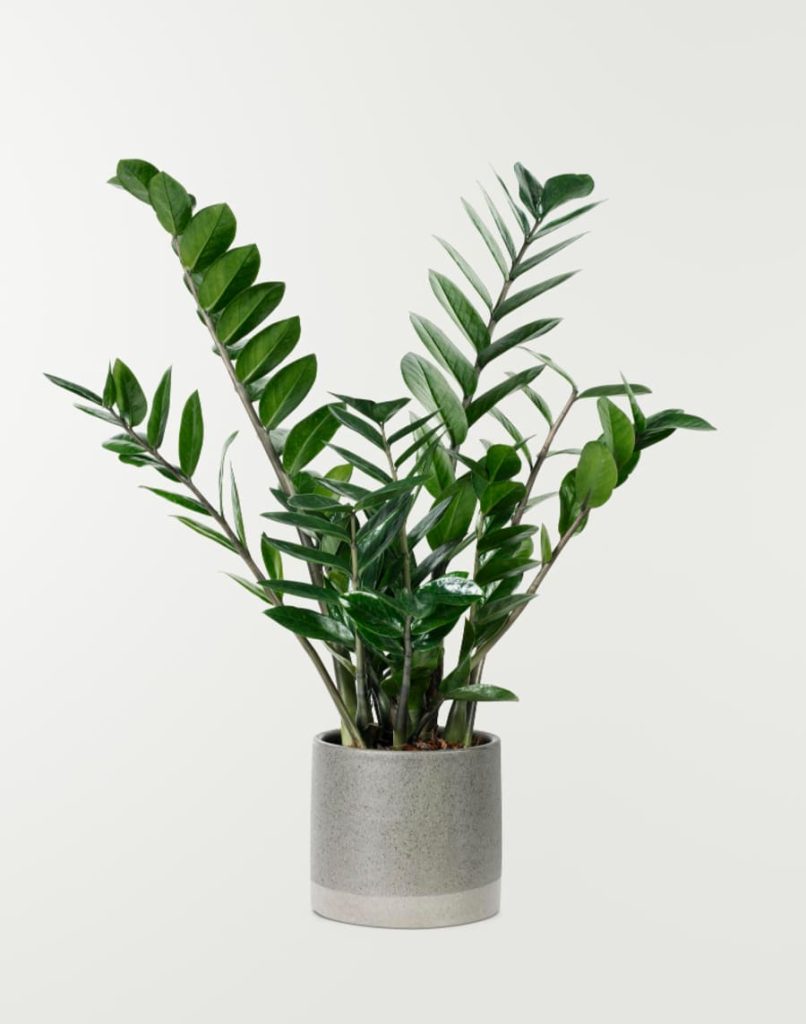
- Why it is easy: It has glossy dark green leaves that are great with dusty leaves and it can survive without water longer than you’d think.
- Care tip: Again, indirect light and water deeply but infrequently (every 3-4 weeks).
4. Spider Plant
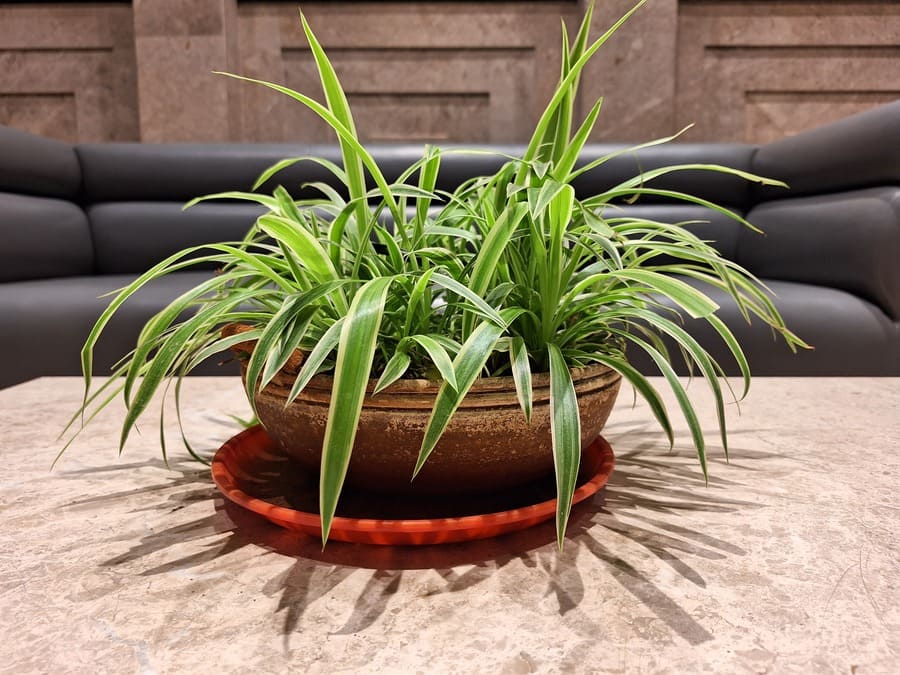
- Why it’s easy: It produces “babies” at the ends of its arching stems, letting you know it is doing well.
- Care tip: When grown in bright, indirect light and watered about once a week at moderate, it will produce baby offshoots.
5. Succulents & Cacti
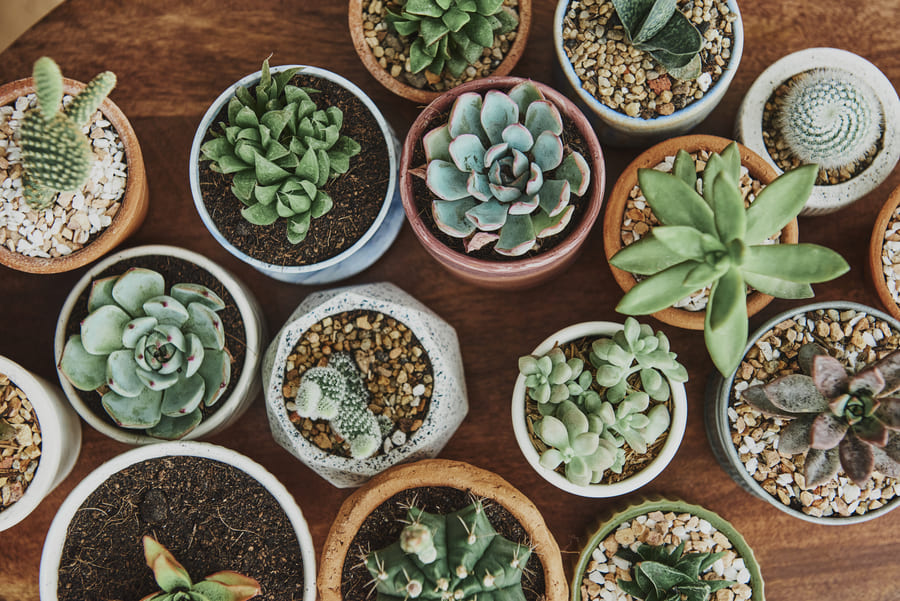
- Why they’re easy: Because they hold water in the leaves. They only take water when the soil is completely dry.
- Care tip: Put in a sunny window. Use gritty, well draining soil to avoid rot.
Plants for Low Light Areas: Greenery for Dark Spaces
You don’t need to have your house as bright as summertime, and that’s not a problem! There are many plants that enjoy dimmer spaces which makes them great for those annoying hallways, the bedrooms or that little dark spot next to the sofa.
1. Cast Iron Plant
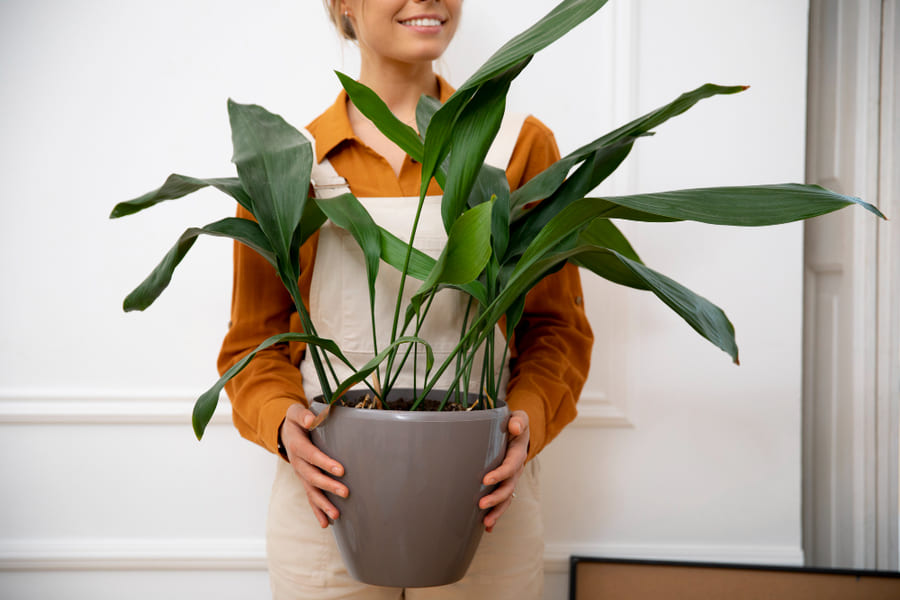
- Strength: This plant is basically indestructible, will live in deep shade and poor light. It will also tolerate changes in temperature.
- Placement: Away from any nearby heat source; we love a corner spot most people would totally ignore.
2. Peace Lily
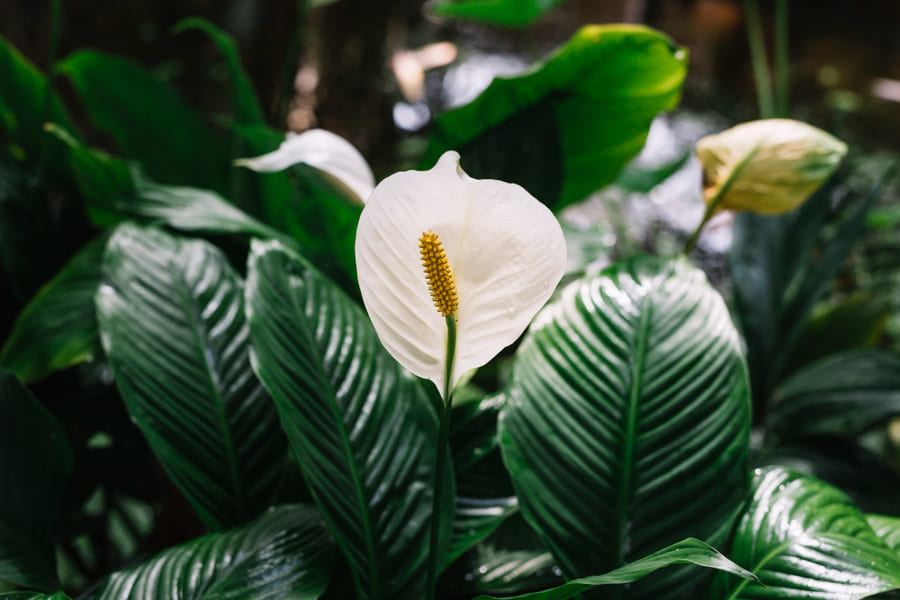
- Strength: Even low light doesn’t stop it from blooming white flowers and it droops when it goes thirsty (very visible).
- Placement: Top inch of soil dry and indirect light only.Care tip: Again, indirect light and water deeply but infrequently (every 3-4 weeks).
3. Chinese Evergreen
- Strength: Unique color and pattern so perfect for decoration as well.
- Placement: Low to medium indirect light, just a keep the potting mix lightly moist, rather than soaked.
Placement Tips:
- Watch the room for an afternoon hour, if you can read a book without lights on, you have medium light.
- Rotate plants every couple of weeks so all sides can get some indirect light.
Plants for Humid Rooms: Bathrooms & Kitchens
Some houseplants actually enjoy a bit of steam, and therefore the relatively humid atmosphere of a bathroom or kitchen is an ideal place. These leafy friends benefit from humidity, but if there is only a small amount of humidity and natural light in the environment, these houseplants will still feel comfortable.
1. Boston Fern
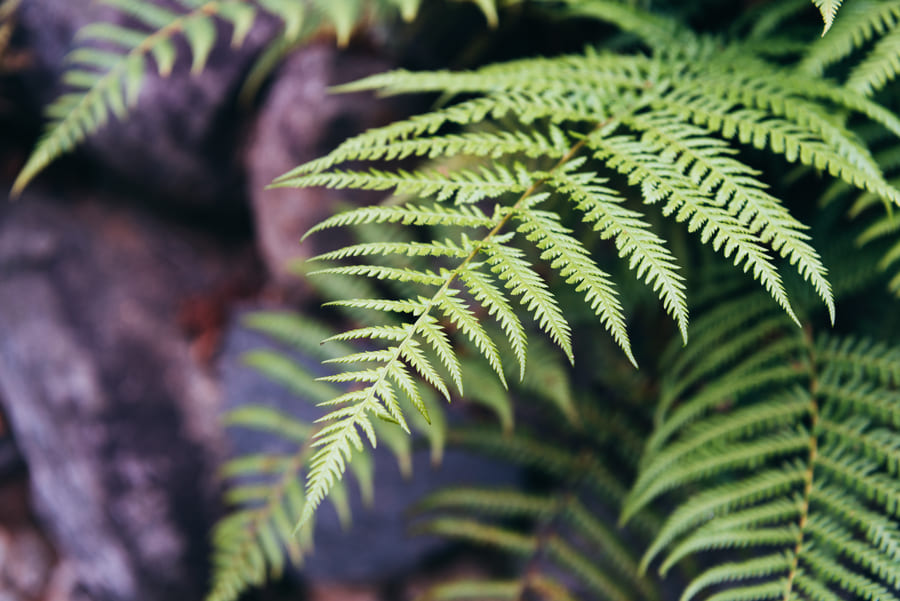
- Why it does well: This fern is from the tropical forest and is used to humid conditions.
- Care tips: It will like moist soil (not soggy) and you can mist the leaves regularly which will also slow the rate it dries out.
2. Calatheas
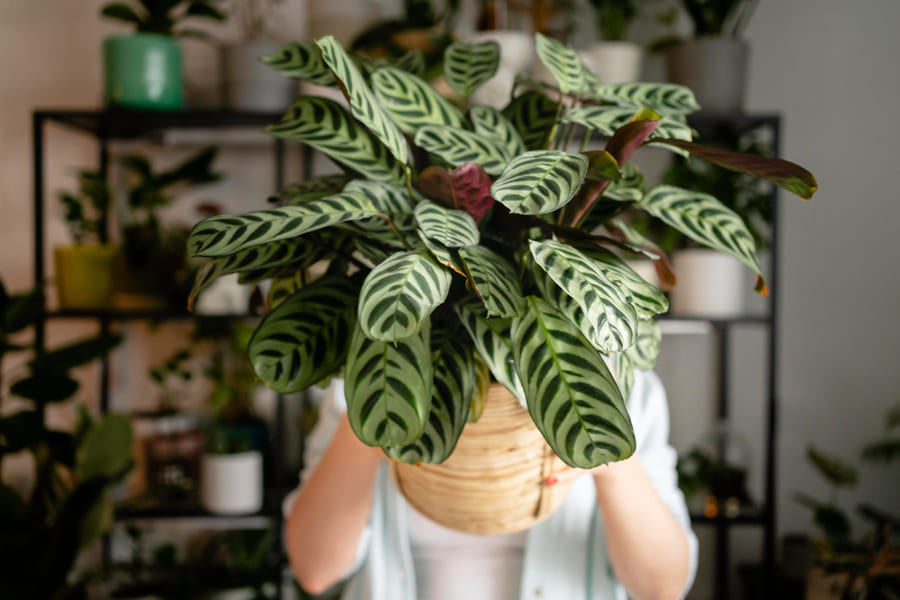
- Why they’re a good fit: Calatheas love warm, humid air, just like they would get on the shaded forest floor. Look at their various patterned leaves, they can do wonders for a room.
- Care tips: Use filtered or distilled water; otherwise, you are going to have ugly brown tips from the minerals in tap water. Lightly misting the soil is enough for moisture, and it likes bright indirect light.
3. Orchids

- Why it does well: Orchids grow on the trunks of trees and have been living on other plants for millions of years in humid tropical areas.
- Care tips: Use a chunk bark based orchid mix and try to allow for as much air movement as possible around the roots when watering about once a week after allowing complete drain of any excess water after watering.
4. Bromeliads
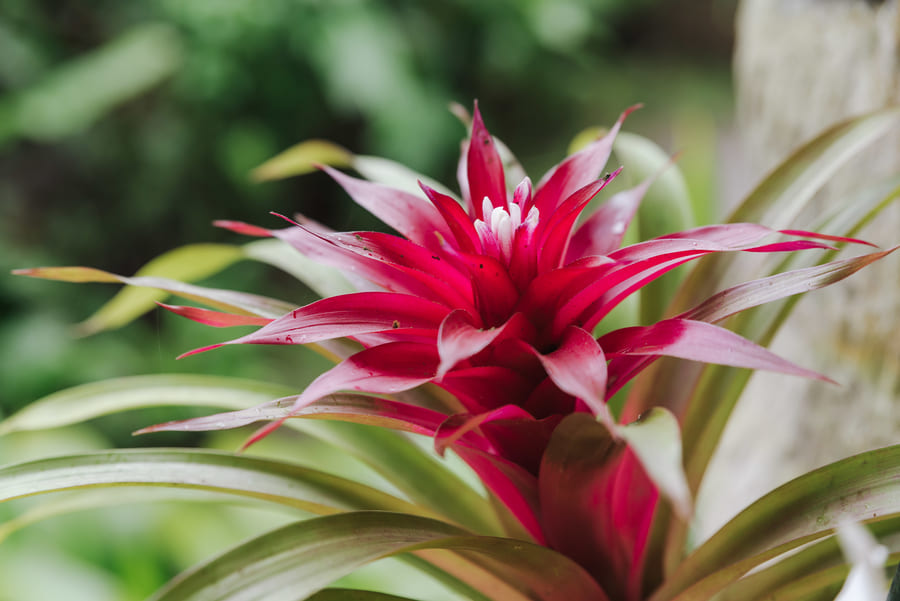
- Why they love humid rooms: The rosettes of bromeliads look like a cup of water, if you think of living in water it becomes much easier to do well in steaming places.
- Care tips: Keep the central “cup” fresh with fresh water, flush out every week to avoid stagnation of the water. Water into the soil, moderately, as to avoid root rot.
Conclusion
Those days have gone when houseplants were supposed to be kept in dark corners at grandmother’s homes, either watered or left too dry. Today, indoor gardening is as entertaining as rewarding; with an appropriate plant choice to suit the light, space and schedule, plus a few care routines, all those dark nooks in the house could be brightened and lush green.
Now it’s up to you to select your first plant, find a nice home for it, and enjoy seeing it grow. Soon enough, you will be hearing the plant, parent stories and getting plant parent tips from other plant parents. What is life without a little green in the space, right?
Happy planting!

Numrah Fareed is a freelance writer and home organization enthusiast with a passion for practical, eco-friendly living. When not typing away at her desk, she’s experimenting with DIY cleaning hacks and helping readers simplify their routines one tip at a time.
